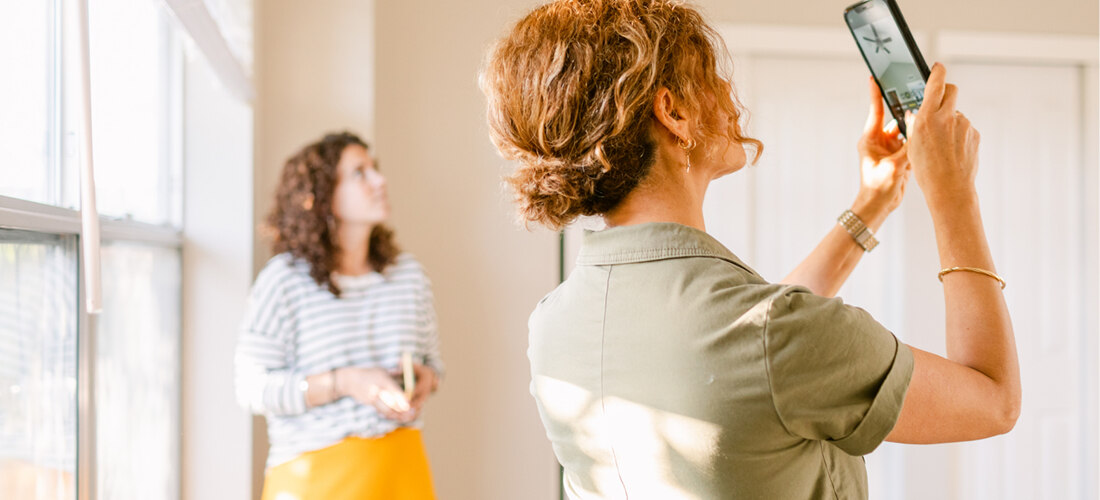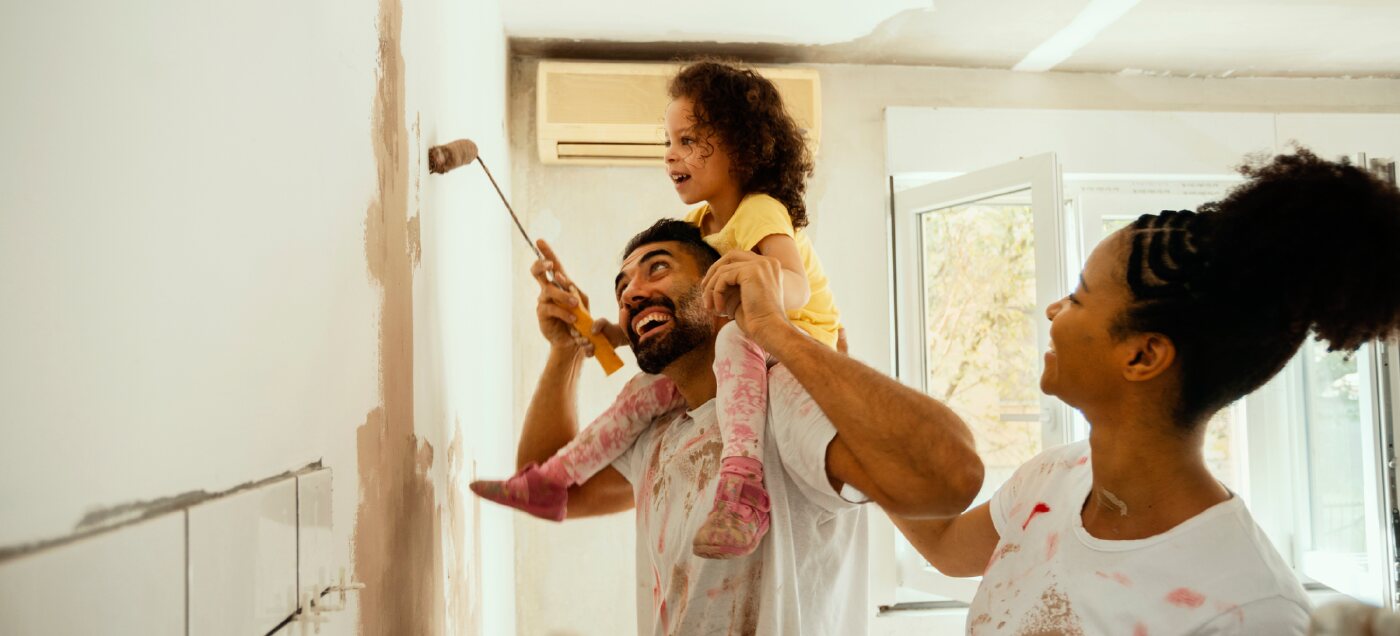
7 things to look for when buying a house
Our top tips for first home buyers
- Schedule your house inspection
- Ask lots of questions
- Be your own private detective
- Do some door knocking
- See the light
- Understand the hidden costs of housing
- Keep your emotions in check
- Compare home loans
There are certain lessons we are taught in life – how to tie our shoelaces, tell time, brush our teeth. Unfortunately, the lesson on ‘what to look for when buying a house’ often gets missed and we’re left scrambling to make sense of a huge life decision without much guidance.
Sure, there are guides for how to save, when to apply for pre-approval and the intricacies of securing a home loan, but what about the more obscure things that could affect your decision to buy or pass on a house. We’ve put together some tips to ensure you’re not getting any nasty surprises once you move in.
1. Schedule your house inspection
You’ve spent most of your weekends traipsing through house inspections with every other house-hunter in the area, but did you know you can request a private viewing? If you’re interested in a property, it’s worth asking the agent to schedule in a private inspection on a weekday.
Request a time that coincides with peak hour so that you can get an accurate representation of the noise levels of traffic, how easy/difficult it is to get there and whether there is street parking during the week.
A weekday visit will also tip you off to any construction taking place in the area and whether the house is under a flight path (and if you can hear the planes from inside).
2. Ask lots of questions
As a first home buyer it’s safe to say you’re learning as you go, which is why it’s important not to assume anything. Ask the agent as many questions as you need to get a good picture of the history of the house – including sale history, renovation history and whether it was rented, empty or lived in by the owners.
The reason for selling could give you insights into whether they are looking for a quick sale (and therefore a shorter settlement period) or if there are unseen problems with the house (if they haven’t owned it for long).
3. Be your own private detective
The vendor (person selling the house) is required to tell you if there are any defects relating to the property; however, if the defects are unknown then they can’t disclose them to you – which is where some high-level snooping will come in handy.
Certain defects, such as a broken oven, air-conditioning that doesn’t work or windows that are painted shut won’t necessarily stop you from buying a house but knowing in advance will save you from a nasty surprise once you get the keys.
A building report will alleviate any worries of major defects – and it’s recommended you request one from the agent – but it won’t go into intricate detail about weird smells, heating that doesn’t work or the water pressure in the shower.
4. Do some door knocking
If the house you’re looking at is in a neighbourhood you’re unfamiliar with, it could be worth speaking to some of the neighbours about what they love about the area.
They have no stake in the sale of the house (unlike the agent or vendor) so are more likely to give you honest answers about security, noise levels and things to do around the suburb.
It’ll also give you a heads up on who you might be living next to (or even sharing a wall with) if you end up buying the house.
5. See the light
The orientation of the house will have a major impact on when and where the natural light comes in, which will affect how you heat and cool the rooms.
Research your climate zone to understand the optimum house orientation to reduce your energy consumption and maximise on light.
By understanding your climate zone when buying, building or renovating, you can ensure that your home will keep you comfortable while using the least possible energy for heating and cooling.
6. Understand the hidden costs of housing
If you have your sights set on buying an apartment, it’s worth understanding some of the hidden costs and rules of living in a shared building. Strata fees, which go towards the ongoing care and maintenance of the building and gardens, are commonplace for apartment buildings whether they’re large or small.
Whether you’re buying a house or apartment, council rates can vary depending on the value of your property and the suburb you live in. It’s worth looking into the average rates per household in the area you’re looking to buy so that you don’t get a nasty surprise when you open your rates bill.
7. Keep your emotions in check
It’s normal to get swept up in the romance of buying a house and spending hours picturing yourself living there.
Emotional buy-in is a major part of buying a house, but don’t let it make you blind to potential problems. Make sure you do your research and stick to the limit you decide before going into an auction/negotiations.
Are you ready to buy your first home?
Ready to take the leap into home ownership, but want to know more about your home loan options? We can help you there! Compare our home loans today and find the right fit for you.


